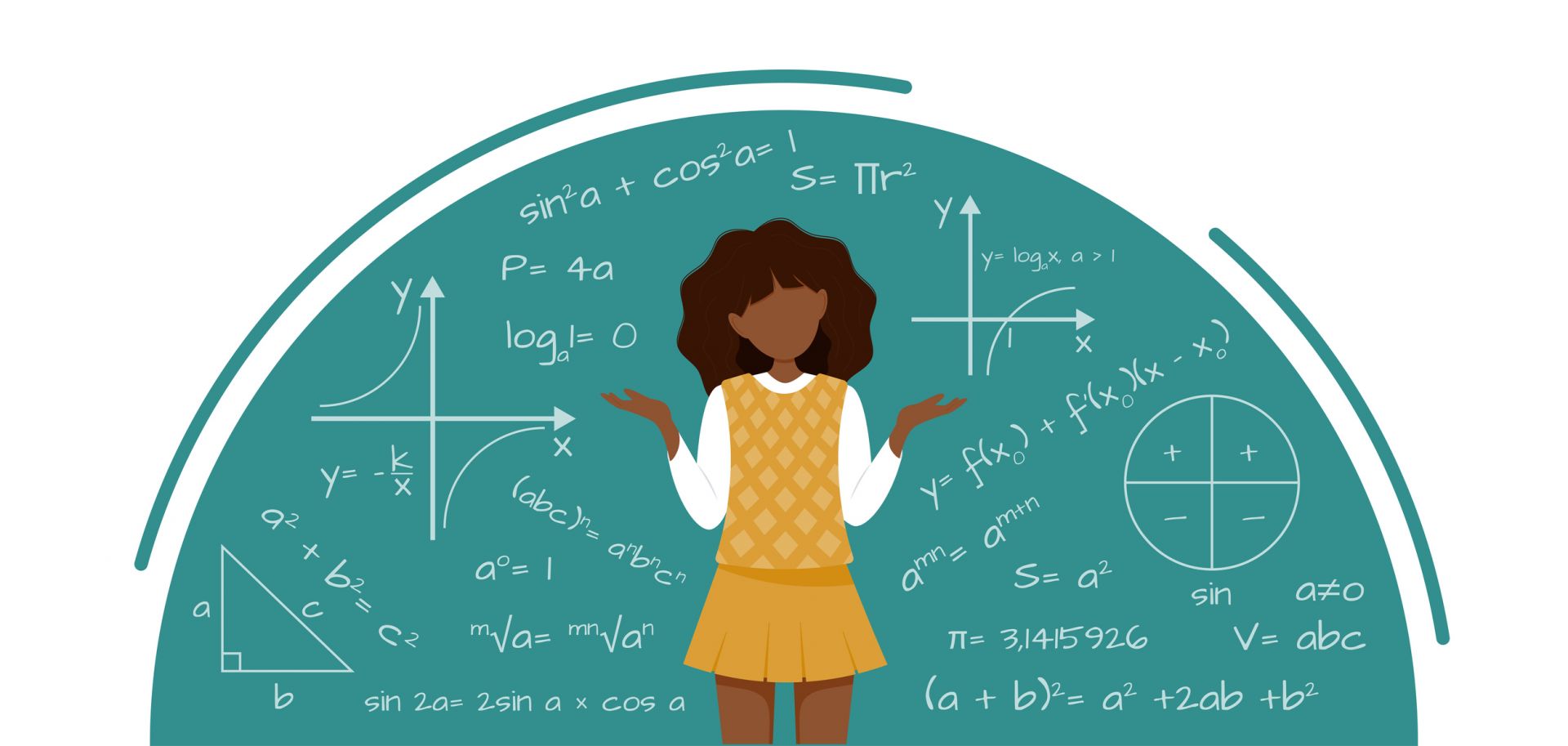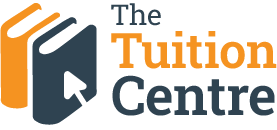General Guidance
With just days to go before the maths exams, it’s completely normal for students to feel stressed and nervous. These feelings often ease once the exams begin. Even though the exams can be tough, it's crucial to approach them with a positive mindset.
At this stage, I recommend focusing your revision on individual topics rather than attempting full papers. Concentrate on the topics you're most likely to choose in the exam. Avoid learning new topics you haven’t already covered in class—it’s time now to revise and refine, not to start from scratch.
Revisit the Formulae and Tables Book, and practice using your calculator, especially for operations that involve multiple steps. Also, write out a list of the formulae not included in the Tables Book and display them somewhere visible so they stay fresh in your mind.
When the exam starts my advice is to find a section A question you like and do that question. It will settle your nerves. It could be counter productive to read the entire paper at the start of the exam, because there is some much information read through.
________________________________________
Paper 1
• Functions, differentiation, and integration are unavoidable. They appear across both Section A and Section B, so they should be a major focus during your final days of preparation.
• Algebra often appears as a full Section A question and is also embedded in many other questions. Ensure you're confident with all the key elements.
• Sequences & series hasn’t appeared in a major way in recent years—it could be due this time. Also, be prepared for a long question involving logarithms and indices, which is quite common.
• Complex numbers reliably show up in Section A, but not in Section B.
Students often ask if they should revise topics like induction, formal proofs, algebraic inequalities, and financial maths that don’t appear every year. The answer depends on your target grade:
• If you're aiming for a H1, it’s worth covering everything to maximise choice.
• If your goal is a H6, your time is better spent mastering the more likely and manageable topics, rather than struggling with abstract material.
One commonly overlooked topic is area and volume, which can appear with algebra, differentiation, or integration. Even if it doesn’t feature prominently in Paper 1, it’s highly likely to come up in Paper 2.



